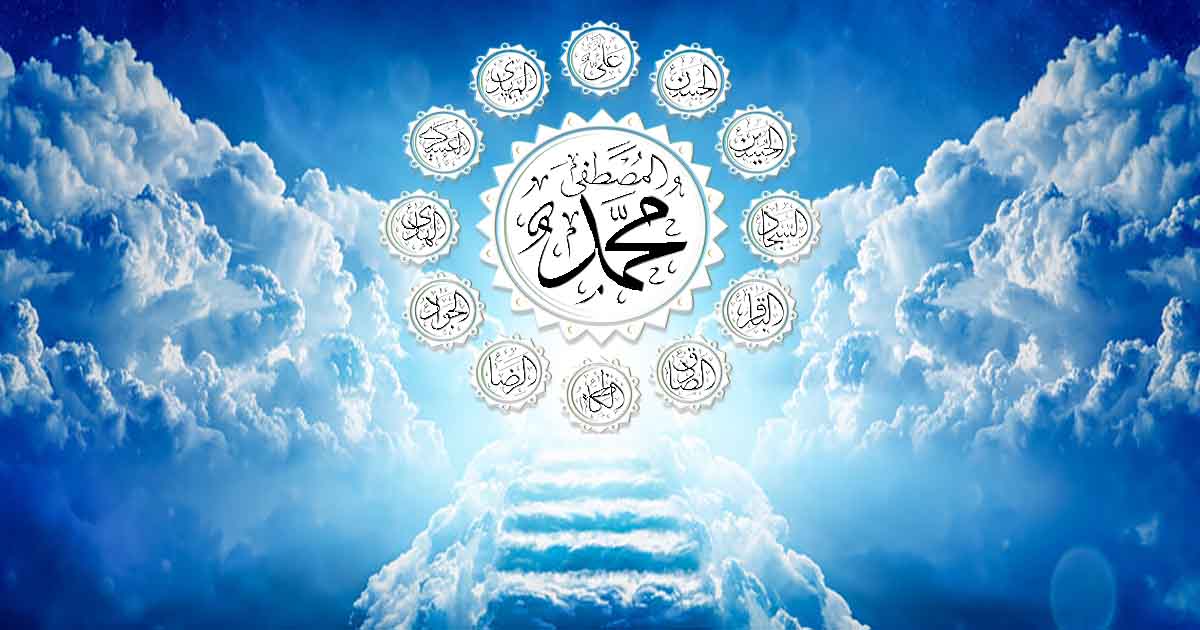Islam is the only religion which offers comprehensive solutions to
social problems and takes a holistic approach to address them. For such a working system to prevail to the Day of Judgment, there must be some wise mechanism to preserve the integrity of this system.
Further, given that Holy Prophet Muhammad (PBUH) is the last of the chain of Prophets, the Islamic system must be protected from distortions till the Last Day.
Hence, it may be said with certainty that the Prophet who was earnestly anxious about its safety, could not leave the newly established Islamic system unattended and exposed to danger.
Appointment of an Imam – A Divine Decision
At the same time, it was also not possible to leave the selection of prophet’s successor to the choice of the people for the successors of a Prophet must have special qualities of knowledge, piety and infallibility.
Obviously it is not possible for anybody except Allah to know who possesses these qualities. This highly important matter of choosing Prophet’s successor is beyond the domains of consultation or any democratic process such as election.
It is evident that the successor of a prophet must be nominated by Allah Himself. That is why the Prophet of Islam, knowing that his demise was imminent, introduced Imam Ali (A) as his successor on various occasions.
Event of Ghadir-al-Khum
In this regard, the event of Ghadir-al-Khum is a well-known fact of Islamic history. It was one such occasion. This great event is recorded in all prominent books of Islamic history.
This event took place towards the end of the Prophet’s life when he was returning from the Farewell Pilgrimage (the last Hajj). At a place known as Ghadir-al-Khum, the Prophet formally proclaimed Imam Ali (A) as his successor in the presence of around 1, 24000 people.
However, unfortunately, some people due to their self-interested agendas did not allow this plan of God as proclaimed by the Prophet to be carried out and thus became the source of a split among the Muslims.
Chain of 12 Imams
The Prophet not only nominated his immediate successor but also named all the succeeding Imams. In a large number of traditions, which have come down to us from the Prophet, the number of the Imams has been stipulated as twelve.
The Holy Prophet said that there would be 12 Caliphs after him and all of them would belong to the tribe of Quraish. The first one would be Ali and the last one the promised Mehdi (A). In certain other traditions names of all the 12 Caliphs have been expressly mentioned.
Thus in view of these historical facts, each of the eleven other members of the Prophet’s family (Ahlul Bait) who succeeded Imam Ali was also nominated by the Imam preceding him. The chain of authority of the reports of these nominations is recorded in authentic books of traditions.
As mentioned earlier, the Imams are selected exclusively through nomination by the Holy Prophet and the preceding Imam. In fact, they are appointed by Allah who alone can determine their suitability.
Further, history bears testimony to the fact that Imam Ali (A) and other Imams possessed such outstanding virtues which made them exclusively well-fitted for the leadership of the Muslims.
Study of history and the sources of Islamic traditions shows that none of the companions of the Prophet was equal to Imam Ali (A) in knowledge, piety and virtue.
References
The following sources are used to prepare the above article.
1. Group of Scholars, Rationality of Islam (1978), under the auspice of Ayatullah Sayyid Abu’l Qasim al-Khu’I, Publisher: Islamic Seminary Publications, Pakistan.
2. Dr. M. H. Behishti, Dr. M. J. Bahonar, Philosophy of Islam, Islamic Seminary Publications (1984)





0 Comments